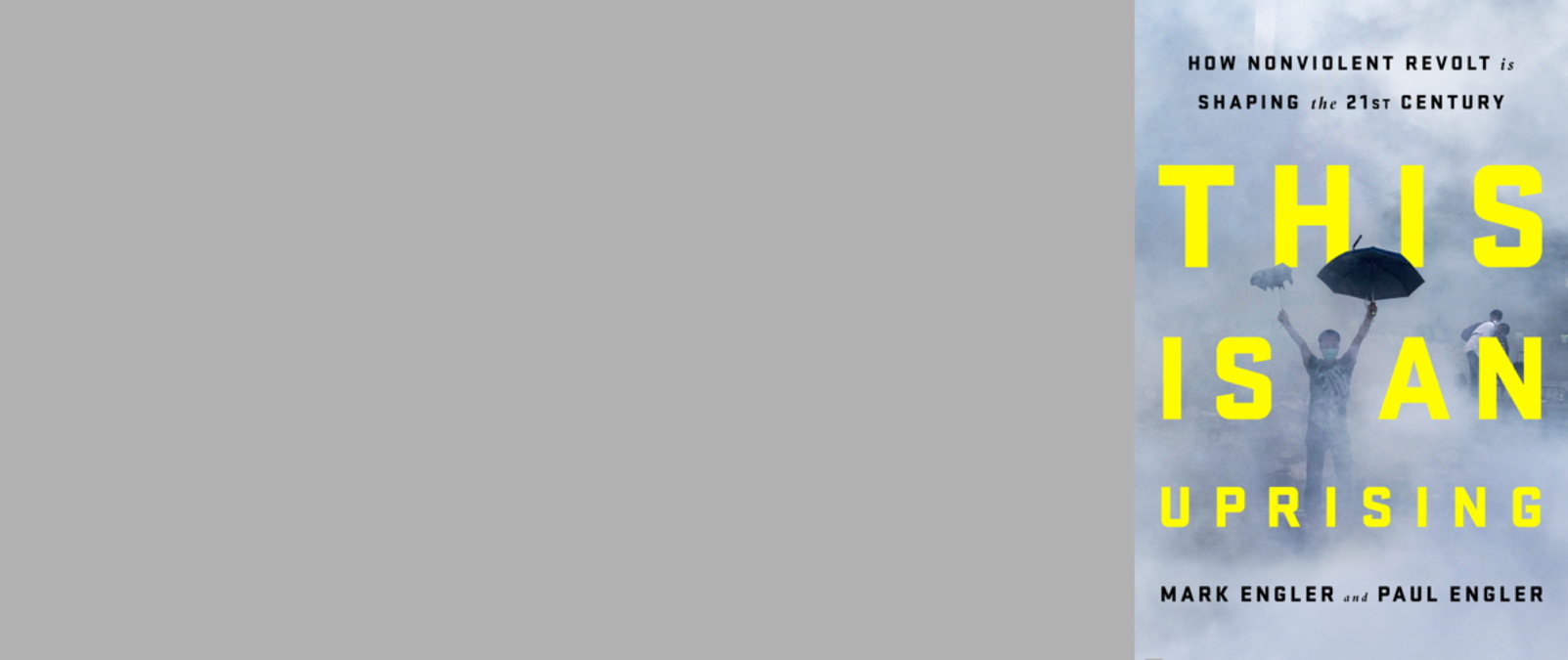How mass protest created a breakthrough on the climate crisis in the Netherlands
An innovative Extinction Rebellion campaign to end to fossil fuel subsidies in the Netherlands offers key lessons for the next wave of the climate movement.

An explosive new book from authors Mark and Paul Engler on how nonviolent revolt is shaping the twenty-first century. Now available at booksellers everywhere!

that truly transformational, even revolutionary
change might be possible... in our lifetimes (but
who wonder what strategies or tactics could
possibly achieve a monumental shift in
consciousness), this book is for you."
—Michelle Alexander, author of The New Jim Crow

[It] puts a name on . . . a powerful method for
making real change fast. And real change fast is
in fact what our world requires."
—Bill McKibben, author and co-founder of 350.org

[The authors] brilliantly illuminate the debates
between advocates of mass mobilization, organization
building, nonviolence, and disruption."
—Frances Fox Piven, author of Poor People’s Movements
An innovative Extinction Rebellion campaign to end to fossil fuel subsidies in the Netherlands offers key lessons for the next wave of the climate movement.
On the website you can also sign up to receive new articles and essays from Mark and Paul by email.
Building on the legacy of activist entertainers such as Paul Robeson, Eartha Kitt and Harry Belafonte, here are five ways movements for justice and famous supporters can partner to promote change.
Reviving song culture strengthens our capacity to create social change.
Christians are splitting with the religious right over Trump, COVID and Black Lives Matter, creating opportunities for those interested in social justice.
A new report explores an emerging model for how movements and politicians can work together.
Understanding the warring factions within the Democratic and Republican Party coalitions is critical for progressives who want to build power.
As the left increasingly focuses on electoral politics, a new framework is emerging for how candidates who win should partner with social movements.
Forty years of struggle by Brazil’s landless workers movement offers lessons on engaging the system without being co-opted.
As the “co-governance” model gains traction, here’s a look into the promises and pitfalls—and how organizers are reimagining electoral politics.
